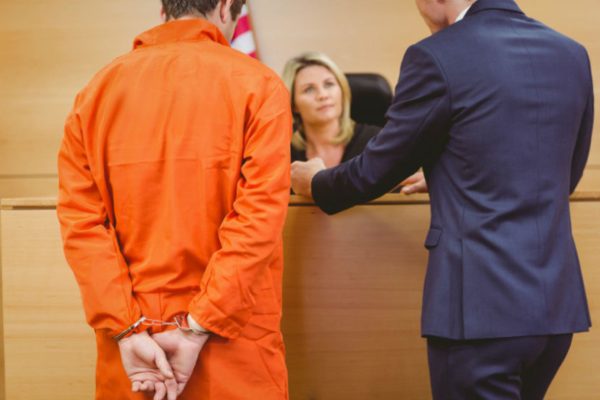One of the greatest policy disasters in American history has been the “tough-on-crime” approach to public safety. Tough on crime — the hallmark of which consists of more and lengthier punishment — has enjoyed largely bipartisan support. But it unfortunately has not resulted in anything resembling a good return on investment.
Tougher sentencing, which President Donald Trump, Attorney General nominee Jeff Sessions and other officials are advocating, may sound like a good idea, but we have decades of experience with tough-on-crime sentencing. It has resulted in a more than tripling of our prison and probation populations during the past 30 years and the most expensive correctional system in the world.
The reason is simple. Punishment does nothing to change the underlying circumstances that contribute to crime, such as broken homes and disadvantaged, impoverished communities, mental illness, addiction and cognitive dysfunction. Nothing about punishment addresses any of these and other crime-causing conditions. We should not be surprised, then, by evidence showing that incarceration can and frequently does increase recidivism.
We need meaningful change that recognizes the importance of punishment but that invests significantly in behavioral change, recidivism reduction and improving our system of justice. What we need is a comprehensive reinvention of American criminal justice policy.
The traditional approach of piecemeal change will not work. Creating a new policy here or there, or tweaking sentencing laws, ignores the diverse causes of offending and leaves our clunky, poor-performing system of justice largely untouched.
The reality is that if the justice system doesn’t provide appropriate interventions and rehabilitation that alter the reasons people commit crime, we will continue watching the revolving door of corrections spin and hearing the cash register ring. And we will be no safer.
What is the better approach? We need to do what policymakers have said should happen — run government like a business. Invest in research and development. Businesses do this because they want to identify what works and how to improve efficiency.
A business with the American criminal justice system’s return on investment would not survive. Why, then, do we let government off the hook? We shouldn’t.
States and the federal government should invest in systematically identifying the prevalence and causes of crime in particular areas, then use these assessments to guide policy. It sounds simple, but it rarely happens.
Policymakers also should be guided by the extensive knowledge base that now exists on policies, programs and practices that have been shown to significantly reduce crime, recidivism and victimization and to do so in a cost-efficient manner. When focusing on offenders, the emphasis should be on well-tested, evidence-based rehabilitative interventions rather than the reflexive question of how much harm was done and thus how much punishment is due.
At the same time, policymakers should monitor and evaluate the operations and impacts of policing, courts and the correctional system. No successful business that is as large as criminal justice would operate without such information. Yet, that is largely how we do it today.
Not least, they should create mechanisms to bring together policymakers, practitioners, researchers and other relevant parties to guide decision making. Critical decisions should not occur in an information vacuum or be driven primarily by the loudest voices. They should rely on collective, research-based knowledge about what works, what doesn’t and what is needed.
Retribution and incarceration have their place. But if we want large-scale improvements in public safety, and if we want to use taxpayer dollars to their best effect, they will achieve little. We need comprehensive systems change. That requires an emphasis on offender behavioral change and recidivism reduction. It also requires a business-like emphasis on monitoring and evaluating the effectiveness and efficiency of our criminal justice and correctional systems.
The public deserves to be safe and to have their taxpayer dollars used well. We can and we should do better.
William R. Kelly is a professor of sociology and director of the Center for Criminology and Criminal Justice Research at The University of Texas at Austin. Daniel P. Mears is a professor of criminology and criminal justice at Florida State University.
A version of this op-ed appeared in the Houston Chronicle.
To view more op-eds from Texas Perspectives, click here.
Like us on Facebook.




